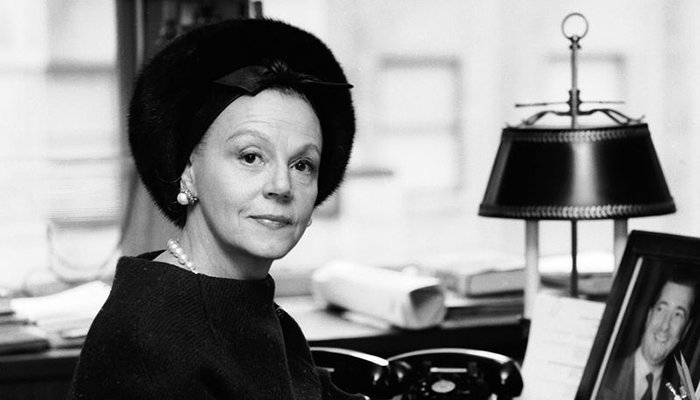The History of New York Fashion Week
Today, New York Fashion Week is the biannual must-attend event of the year. Although now designers show off their newest collections to the fashion elite, it wasn’t always in its present form. Keep reading to find out about the history of New York Fashion Week!
Before there was Fashion Week, the couture and high fashion world was exclusive to very few. Fashion shows, before they became a social and cultural event, were private events for exclusive clients to view the latest designs on live models. In 1903, a brand in New York City wanted to generate interest in their clothing, so they held an event which is now thought to be the first runway show in the United States.

Forty years later, during World War II, fashion designers and press publishers were unable to travel to Paris, the epicenter of high fashion. So, to draw attention to American fashion instead, publicist Eleanor Lambert founded the very first version of Fashion Week that was originally called “Press Week.” The event happened twice a year and was a loosely organized version of the fashion shows happening at shops and department stores already.
The shows were only coordinated to time and not a place before, but in 1993, they were brought together at a single location. The Council of Fashion Designers of America (CFDA), founded by Eleanor Lambert, organized the events of Press Week into one location and called the event “7th on Sixth,” named after the events management company of the same name that was founded by the CFDA.

In 2004, after 7th on Sixth was sold to ING and then to Olympus, the name changed to Olympus Fashion Week. Similarly, in 2007, Mercedes-Benz gained primary sponsorship and the name changed to Mercedes-Benz Fashion Week. Today, there is not a single location or event management company. The shows are still held within the same week, twice a year based on the fashion seasons, but are produced by several events management companies.
As Fashion Week in cities across the world became more about celebrity, combined with the proliferation of social media and internet influencers, the event is changing every year. This year, Fashion Week is finally accommodating the mass consumption of social media. Traditionally, the fashion shows presented collections that would be available in the following season, but this proved a problem as more and more people have become exposed the show’s content. Now, many designers are offering items for sale immediately following the show and pop-up shops offering the latest styles have surrounded the event.
In the face of a changing fashion scene, Fashion Week struggled, but with introspection and creative problem-solving, the event is adapting to the new media surrounding it. In a way, Fashion Week has reverted back to the old model without a central organizational model, allowing the event more flexibility and imagination. At the same time, it has evolved to embrace the new attention and excitement. With these changes bringing promise to the event, each season may be more successful than the last!
Photo Credit: notjustalabel.com / wnyc.org / cochicstyling.com







